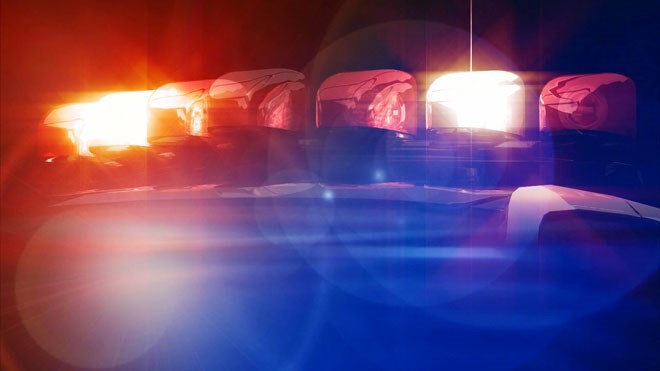The Wynne government plans new legislation that it says amounts to the largest policing transformation in the province in a generation.
The Safer Ontario Act, unveiled Thursday, contains sweeping changes to policing laws, including stronger oversight of the system and the power to suspend officers without pay when they are accused of serious crimes.
Police chiefs have been requesting this authority for a decade.
The government says the bill would also expand the mandates of three existing police oversight bodies, establish strong penalties for officers who don't comply with investigations, set strict timelines for investigations and public reporting, and release more information about the results of investigations and disciplinary hearings by oversight bodies.
Among other key changes, a Missing Persons Act would give police new tools when responding to missing persons occurrences where there is no evidence of criminal activity.
These include the ability to track cellphones and enter homes in connection with the cases. The government says it would allow police to respond more quickly and effectively.
Currently, police actions in missing person cases are limited unless there is evidence a crime has been committed.
The change was one of the recommendations to come out of the inquest into the deaths of seven Indigenous youths in Thunder Bay.
Lawyer Julian Falconer, who represented Nishnawbe Aski Nation at the inquest, was quoted as saying the new rules will bring needed clarity for police around what they can do.
First Nations policing changes also announced
Another key element of the legislation will give First Nations the option to have their policing fall under the same framework as the rest of Ontario.
The government said communities will be able to choose their policing service delivery mode.
It said its plan will ensure First Nations receive "culturally responsive, sustainable, accountable and equitable" policing.
The announcement was welcomed by Nishnawbe Aski Nation Grand Chief Alvin Fiddler, who said it will ensure that, for the first time, First Nations will have access to the same level of policing as the rest of the province. Fiddler's comments were echoed by Nishnawbe Aski Police Service board chair Mike Metatawabin.
The overhaul of regulations would be the first update to the Police Services Act in more than 25 years.
